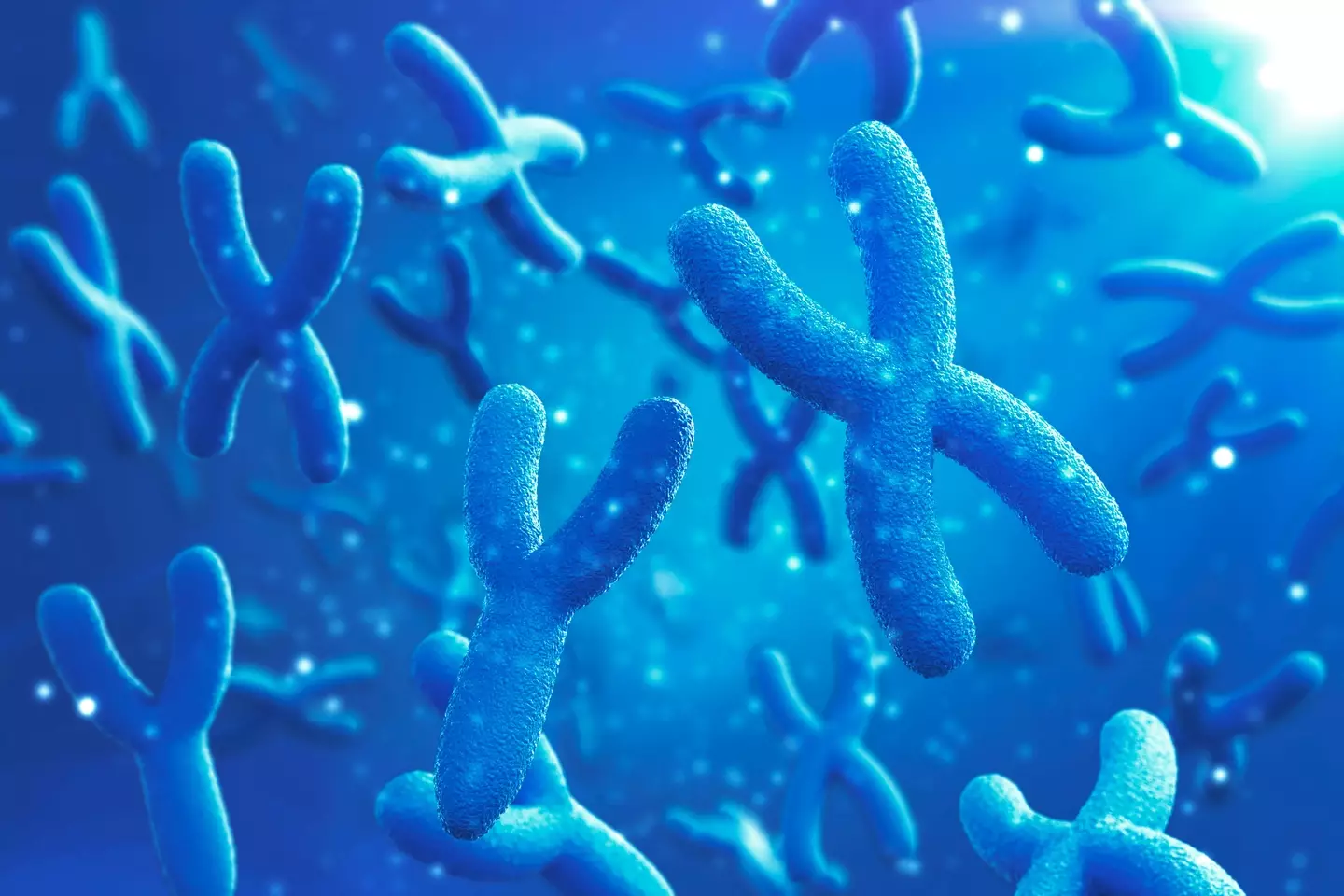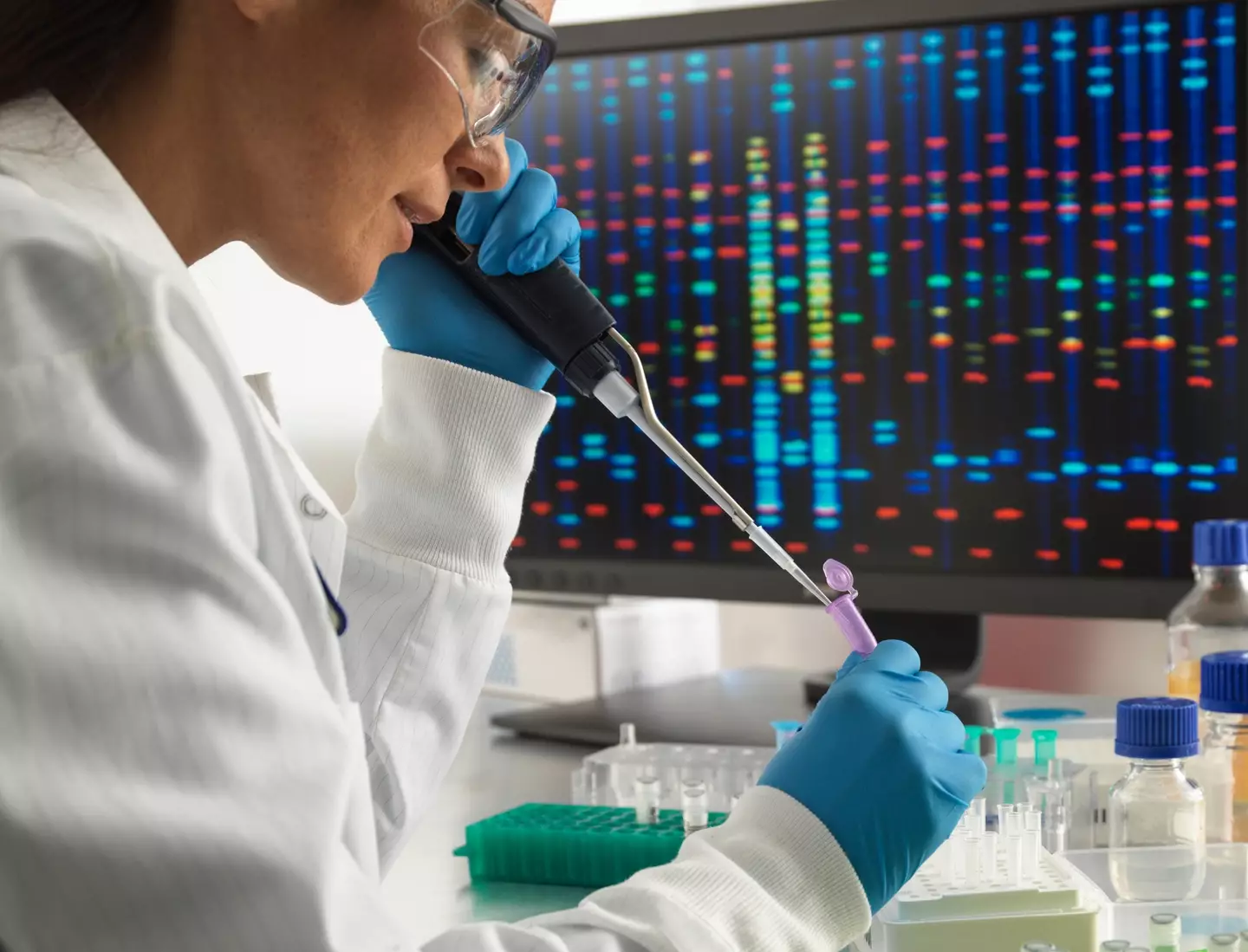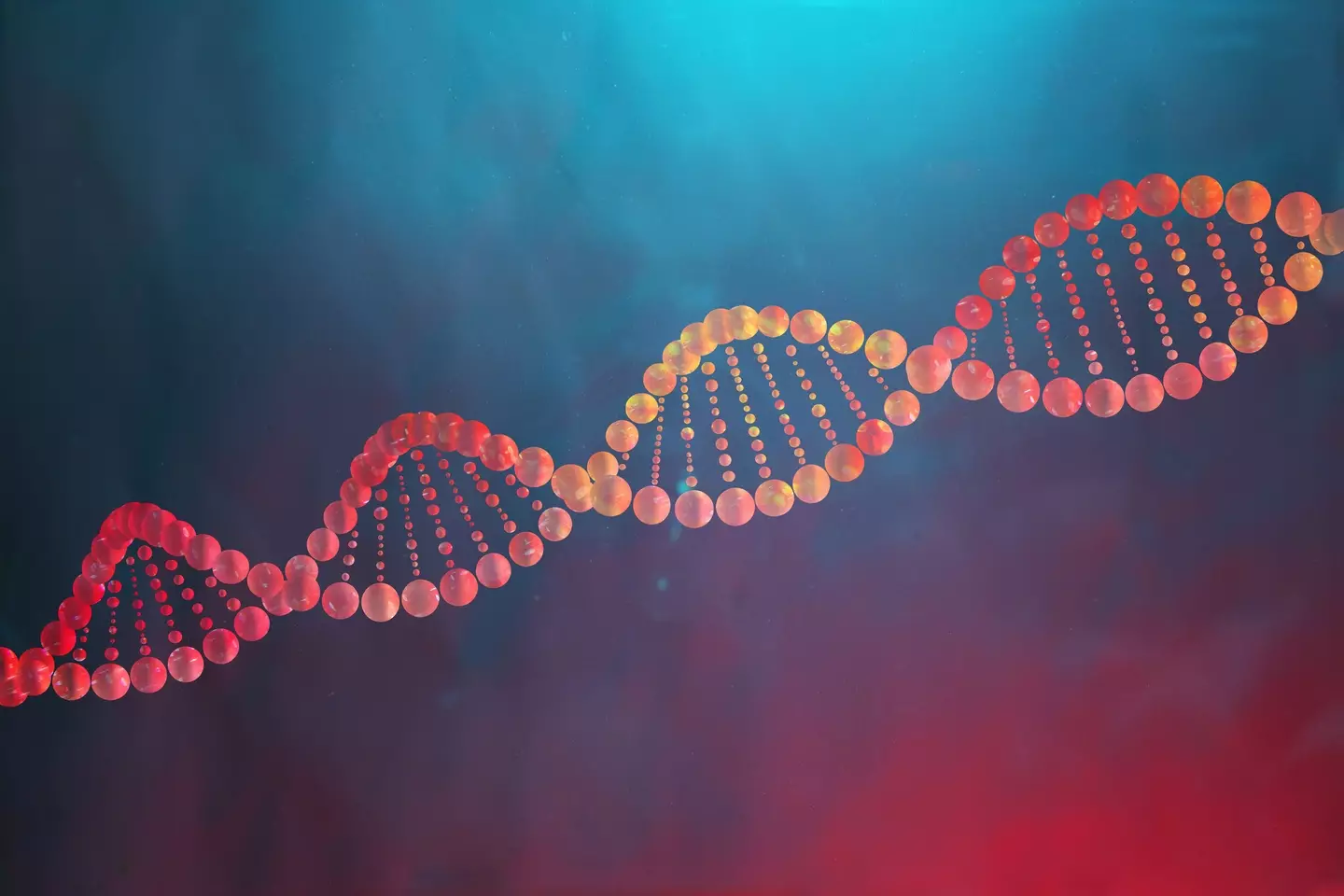
New studies have revealed that the male Y chromosome is evolving much quicker than the female X chromosome.
Evolution is still mind boggling and something that scientists continue to study to understand better.
And now it looks like they have made a new discovery about the way our genetic code changes.

Advert
For the first time, researchers have been able to fully sequence the sex chromosomes of non-human primates and it has revealed a lot about the human species.
The team studied the chromosomes of great apes, including chimpanzees, bonobos, gorillas, Bornean orangutans, Sumatran orangutans and the siamang gibbon.
Comparing their findings with human chromosomes, the scientists discovered that Y chromosomes vary a lot between the different primates but the X chromosomes are similar.
Humans have 23 pairs of chromosomes - females have two X chromosomes and males have one X and one Y.

Over 90% of the primate’s X chromosome sequences matched up with the human one, which means that there has been little change in the millions of years of evolution.
On the other hand, only 14% to 27% of Y chromosome sequences lined up between the different species.
The study revealed that the Y chromosome is evolving at a quick speed while the X chromosome is mostly static.
In a statement, the study’s author Kateryna Makova, said: “The extent of the differences between the Y chromosomes of these species was very surprising.
“Some of these species diverged from the human lineage only seven million years ago, which is not a lot of time in terms of evolution. This shows that the Y chromosomes are evolving very fast.”

She went on to add: “We found the ape Y to be shrinking, accumulating many mutations and repeats, and losing genes.
“Because of this degradation, the Y chromosome has been suggested to be on its way towards extinction in mammals.”
The changes in the Y chromosome are likely because it doesn’t exchange much genetic information with other chromosomes, which means it tends to pick up mutations.
This has caused it to get smaller over time, but researchers don’t think this means that the Y chromosome will disappear altogether.
Certain genes tend to be protected in order to keep important sequences together.
As the Y chromosome is vital for the existence of males, it’s likely to be protected by selection mechanisms.
So fear not, Makova stresses that “the Y chromosome is unlikely to disappear any time soon”.